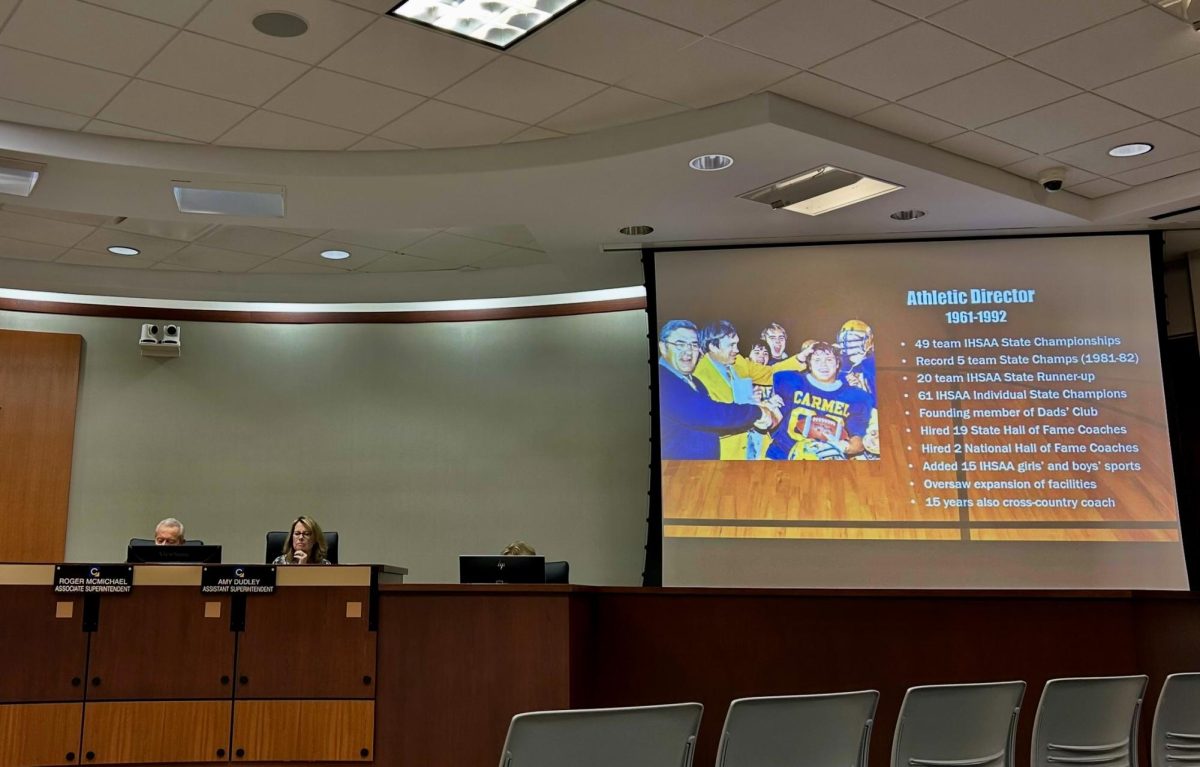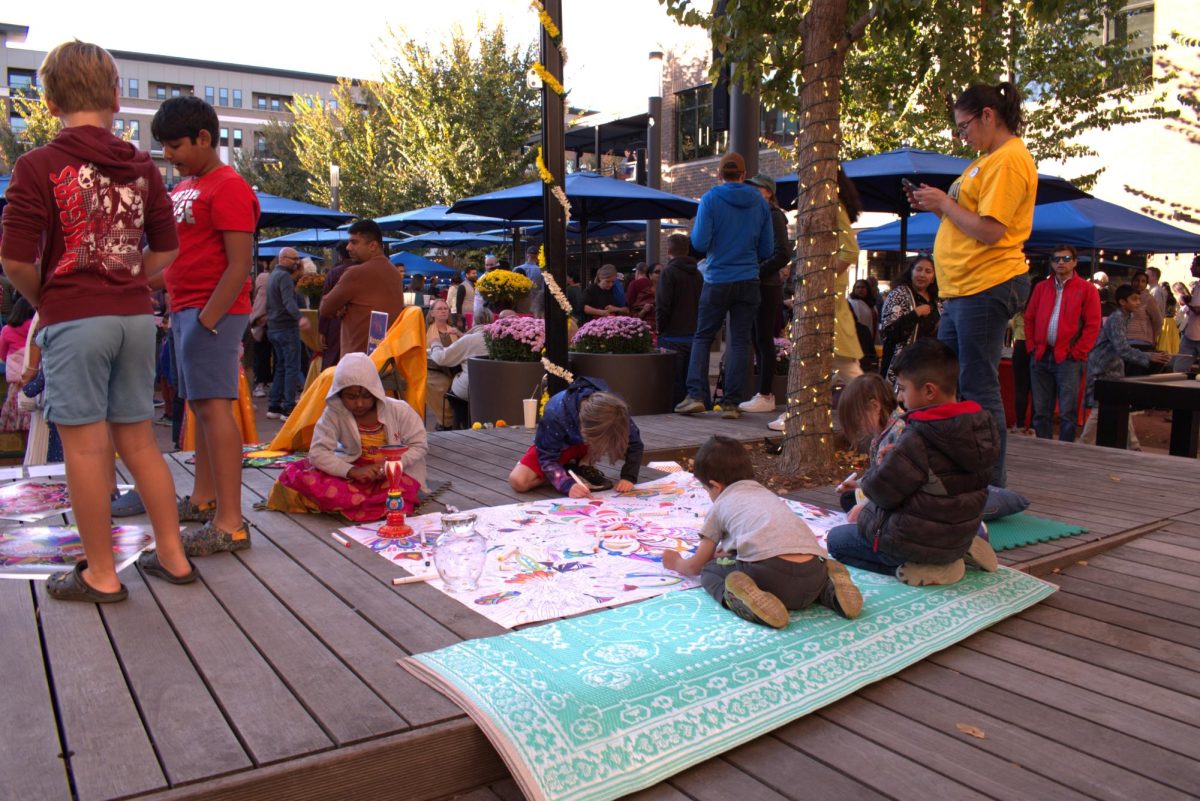My face turns beet red as I get nailed by the soccer ball coming straight toward my face. I try to mask my embarrassment, but feeling the eyes of my peers surrounding me makes me feel even more awkward.
It’s clear that this kind of awkwardness has long been the trademark of the teenage experience. And although March 18 is National Awkward Moments Day, it’s obviously not the only time we can encounter this type of humiliation in life.
From group projects to bad hair days, it seems almost impossible to escape the awkward stigma that surrounds the high school years. Even worse, there are hundreds of ways to experience social discomfort within our lives; however, despite the root of awkwardness, one thing remains the same: it’s commonality.
 Many times in my own life, I resort to looking down at my phone screen or standing quietly when I recognize the chance for social embarrassment. And when I do get involved in awkward experiences, it is not uncommon for me to make peace signs or blush. What I, and others, sometimes fail to register, however, is the normality of experiencing uncomfortable situations. Furthermore, the inability to accept awkwardness doesn’t make us anymore “perfect,” and actually can make us miss multiple chances.
Many times in my own life, I resort to looking down at my phone screen or standing quietly when I recognize the chance for social embarrassment. And when I do get involved in awkward experiences, it is not uncommon for me to make peace signs or blush. What I, and others, sometimes fail to register, however, is the normality of experiencing uncomfortable situations. Furthermore, the inability to accept awkwardness doesn’t make us anymore “perfect,” and actually can make us miss multiple chances.
One particular period of awkwardness avoidance is seen in the first and last couple minutes of class. During this time, many people whip out their phones and try to steer clear of making eye contact with their peers. I’ll be the first to admit I do this, too. Other times, however, our awkwardness is more unavoidable such as when we trip or misspeak.
When we are faced with awkwardness and possible embarrassment like in those situations, it’s important to remember that awkward experiences can make us squirm, but it’s even more critical to recall it’s a natural experience all humans encounter. And while these are only a few examples of potentially awkward moments, the fear of embarrassment can hold individuals back from bigger possibilities in the future.
So what if we welcomed these awkward instances instead of avoiding them? For starters, we could learn more advanced communication skills and come to understand one another better. By recognizing the humanity behind awkwardness, we can also come to love ourselves more even when we feel embarrassed. And there are so many other benefits to reap if we find the motivation to become the best version of ourselves through our uncomfortable moments.
Yes, the social pressures we face are numerous and seem insurmountable, but because fear of embarrassment only seems to distract us from reaching our full potential, we should try our hardest to accept it as a part of life.
The views in this column do not necessarily reflect the views of the HiLite staff. Reach Riley Laferriere at [email protected]
To see more of Riley’s work, click here.




























![Keep the New Gloves: Fighter Safety Is Non-Negotiable [opinion]](https://hilite.org/wp-content/uploads/2024/12/ufcglovescolumncover-1200x471.png)






!["Wicked" poster controversy sparks a debate about the importance of accuracy versus artistic freedom [opinion]](https://hilite.org/wp-content/uploads/2024/11/riva-perspective-cover-1200x471.jpg)









































![Review: “We Live in Time” leaves you wanting more [MUSE]](https://hilite.org/wp-content/uploads/2024/12/IMG_6358.jpg)
![Review: The premise of "Culinary Class Wars" is refreshingly unique and deserving of more attention [MUSE]](https://hilite.org/wp-content/uploads/2024/12/MUSE-class-wars-cover-2.png)
![Introducing: "The Muses Who Stole Christmas," a collection of reviews for you to follow through winter [MUSE]](https://hilite.org/wp-content/uploads/2024/12/winter-muse-4.gif)
![Review: "Meet Me Next Christmas" is a cheesy and predictable watch, but it was worth every minute [MUSE]](https://hilite.org/wp-content/uploads/2024/11/AAAAQVfRG2gwEuLhXTGm3856HuX2MTNs31Ok7fGgIVCoZbyeugVs1F4DZs-DgP0XadTDrnXHlbQo4DerjRXand9H1JKPM06cENmLl2RsINud2DMqIHzpXFS2n4zOkL3dr5m5i0nIVb3Cu3ataT_W2zGeDAJNd_E-1200x884.jpg)
![Review: "Gilmore Girls", the perfect fall show [MUSE]](https://hilite.org/wp-content/uploads/2024/11/gilmore-girls.png)
![Review in Print: Maripaz Villar brings a delightfully unique style to the world of WEBTOON [MUSE]](https://hilite.org/wp-content/uploads/2023/12/maripazcover-1200x960.jpg)
![Review: “The Sword of Kaigen” is a masterpiece [MUSE]](https://hilite.org/wp-content/uploads/2023/11/Screenshot-2023-11-26-201051.png)
![Review: Gateron Oil Kings, great linear switches, okay price [MUSE]](https://hilite.org/wp-content/uploads/2023/11/Screenshot-2023-11-26-200553.png)
![Review: “A Haunting in Venice” is a significant improvement from other Agatha Christie adaptations [MUSE]](https://hilite.org/wp-content/uploads/2023/11/e7ee2938a6d422669771bce6d8088521.jpg)
![Review: A Thanksgiving story from elementary school, still just as interesting [MUSE]](https://hilite.org/wp-content/uploads/2023/11/Screenshot-2023-11-26-195514-987x1200.png)
![Review: "When I Fly Towards You", cute, uplifting youth drama [MUSE]](https://hilite.org/wp-content/uploads/2023/09/When-I-Fly-Towards-You-Chinese-drama.png)
![Postcards from Muse: Hawaii Travel Diary [MUSE]](https://hilite.org/wp-content/uploads/2023/09/My-project-1-1200x1200.jpg)
![Review: "Ladybug & Cat Noir: The Movie," departure from original show [MUSE]](https://hilite.org/wp-content/uploads/2023/09/Ladybug__Cat_Noir_-_The_Movie_poster.jpg)
![Review in Print: "Hidden Love" is the cute, uplifting drama everyone needs [MUSE]](https://hilite.org/wp-content/uploads/2023/09/hiddenlovecover-e1693597208225-1030x1200.png)
![Review in Print: "Heartstopper" is the heartwarming queer romance we all need [MUSE]](https://hilite.org/wp-content/uploads/2023/08/museheartstoppercover-1200x654.png)




